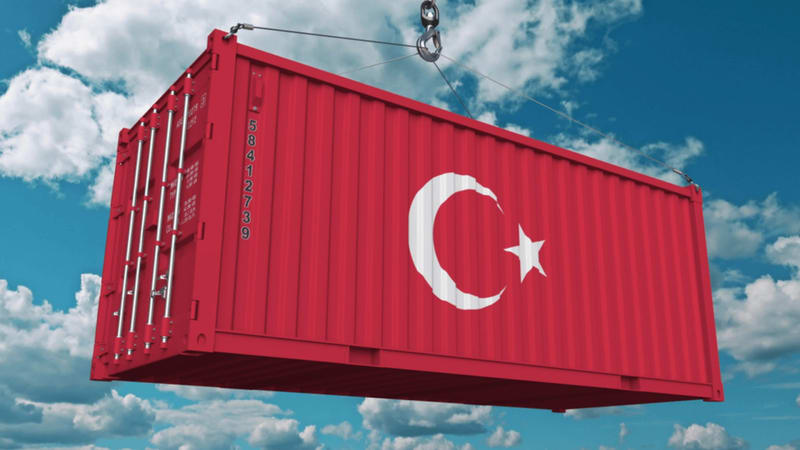
Turkey’s main imported goods
Turkey is one of the leading economies in the Middle East and Europe, characterized by a diverse trade portfolio. Its strategic geographical location as a bridge between Asia and Europe allows it to import a wide range of goods to meet the needs of its growing economy and population. Here is an overview of Turkey’s main imported goods:
1. Machinery and Equipment
Machinery, including industrial equipment and electrical machinery, constitutes a significant portion of Turkey’s imports. These goods are essential for the country’s manufacturing, construction, and technology industries. Key imports in this category include turbines, engines, generators, and electrical components used in various sectors.
2. Mineral Fuels and Oil
Turkey relies heavily on imported energy resources to meet its domestic demand. Crude oil, refined petroleum products, and natural gas are among the leading imports. These are crucial for power generation, transportation, and industrial use. Turkey sources a substantial portion of its energy imports from Russia, Iran, and Azerbaijan.
3. Chemicals and Pharmaceuticals
The chemical industry is another major area of imports for Turkey. This includes organic and inorganic chemicals, fertilizers, plastics, and pharmaceutical products. These imports support Turkey’s agricultural sector, manufacturing industries, and healthcare system.
4. Automotive Components
Turkey has a thriving automotive manufacturing sector, but it relies on the import of various components and parts for assembly. Imported items include engines, transmissions, and electronic systems, which are used in both the production of vehicles and maintenance services.
5. Iron and Steel
Turkey imports significant quantities of iron and steel to support its robust construction and infrastructure development. These raw materials are used in making everything from reinforced bars for buildings to components for machinery.
6. Textile Raw Materials
While Turkey is a global leader in textile and apparel production, it imports raw materials such as cotton, wool, and synthetic fibers. These are processed domestically and exported as finished goods to other markets.
7. Electronics and Consumer Goods
Turkey imports a variety of electronics, including computers, smartphones, televisions, and other consumer goods. These imports cater to the needs of the domestic market, which has a growing demand for technology and luxury goods.
8. Food Products and Agricultural Goods
Despite being an agricultural powerhouse, Turkey imports certain food products such as tropical fruits, coffee, and cocoa. Other agricultural imports include grains like wheat and corn, which are essential for meeting domestic consumption and animal feed production.
9. Gold and Precious Metals
Turkey is a major importer of gold and other precious metals. Gold is widely used in jewelry production and as an investment asset. Imported gold is also a significant component of Turkey’s re-export trade.
10. Medical Equipment
Turkey imports advanced medical equipment, including diagnostic machines, surgical tools, and hospital supplies, to support its expanding healthcare sector. These imports are crucial for both public and private medical facilities.
Key Trading Partners
Turkey’s main import partners include China, Germany, Russia, the United States, and Italy. These countries supply a variety of goods, ranging from machinery and chemicals to consumer products and raw materials.
Conclusion
Turkey’s imports reflect its dynamic economy and diverse needs, ranging from raw materials for its industries to consumer goods for its population. The country’s trade policy aims to balance imports with the development of domestic industries, ensuring sustainable economic growth. By continuing to foster strong trade relationships and investing in domestic production, Turkey seeks to enhance its economic resilience and competitiveness in the global market.





Leave a Reply